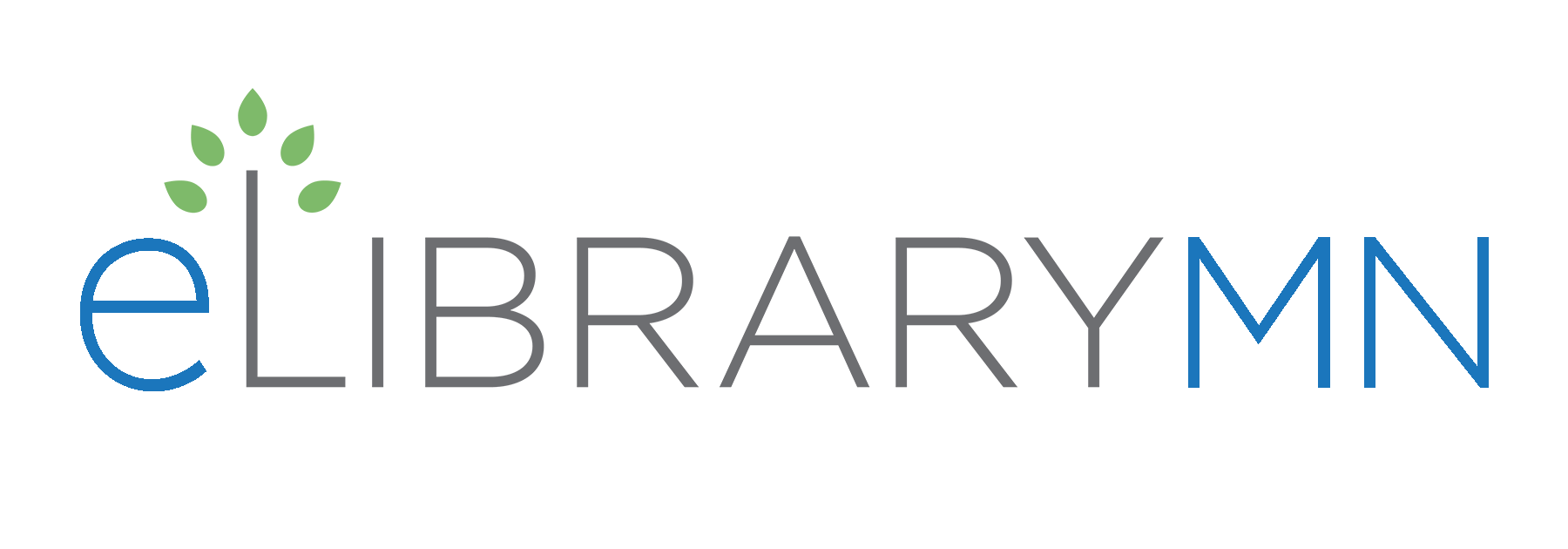by Matt Lee
Quick Summary
Starting a research project can be hard. It can be especially difficult for new college students unfamiliar with the expectations of college-level research.

Body
Starting a research project can be hard. It can be especially difficult for new college students unfamiliar with the expectations of college-level research. Project Information Literacy has found that new college students have difficulty with the independent intellectual choices required by college research (such as defining a research question and identifying keywords) and navigating multiple types of sources, among other things.
Learning these skills is a complex, ongoing prospect. We’ve created several infographics that we hope can help students along the way. The series is called College Research Guides and tackles some of the topics that college students seem most to struggle with. The topics covered will be familiar to you because you probably teach some variation of them already, either formally or informally. We hope that they might serve as a simple, visual thing for you to point to as you’re helping your researchers (whether new college students, aspiring college students, or lifelong learners) gain the skills, strategies, and knowledge essential to research success.
Find the entire infographic series, along with videos on the research process, on our ELM Learning Center Research Process page, or scroll down.

